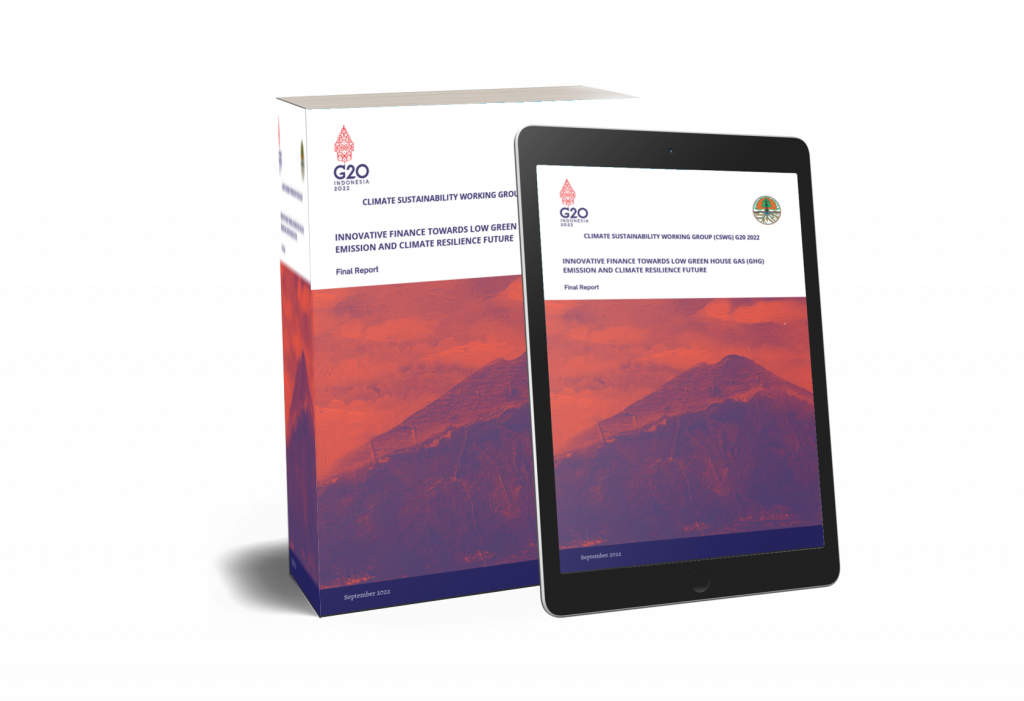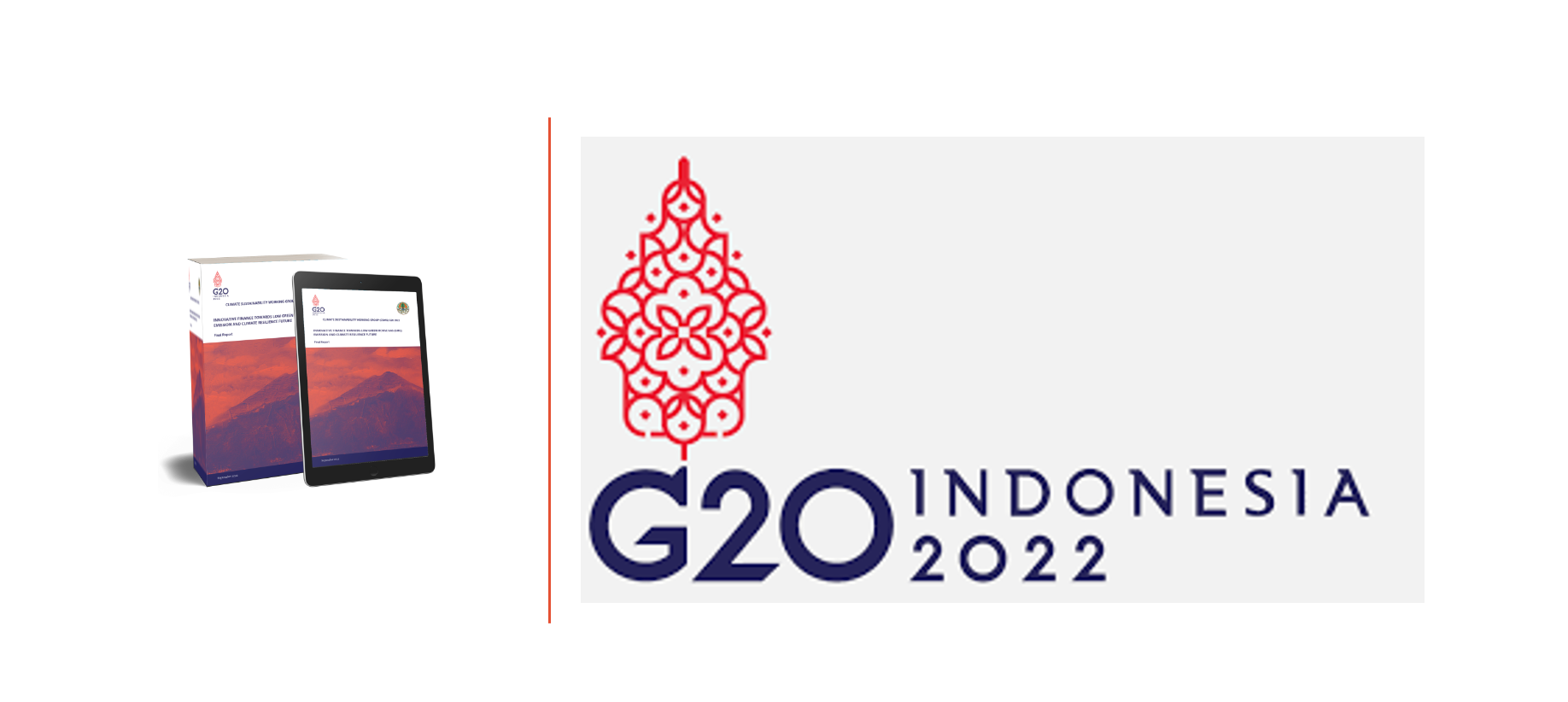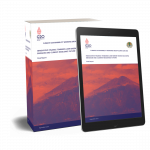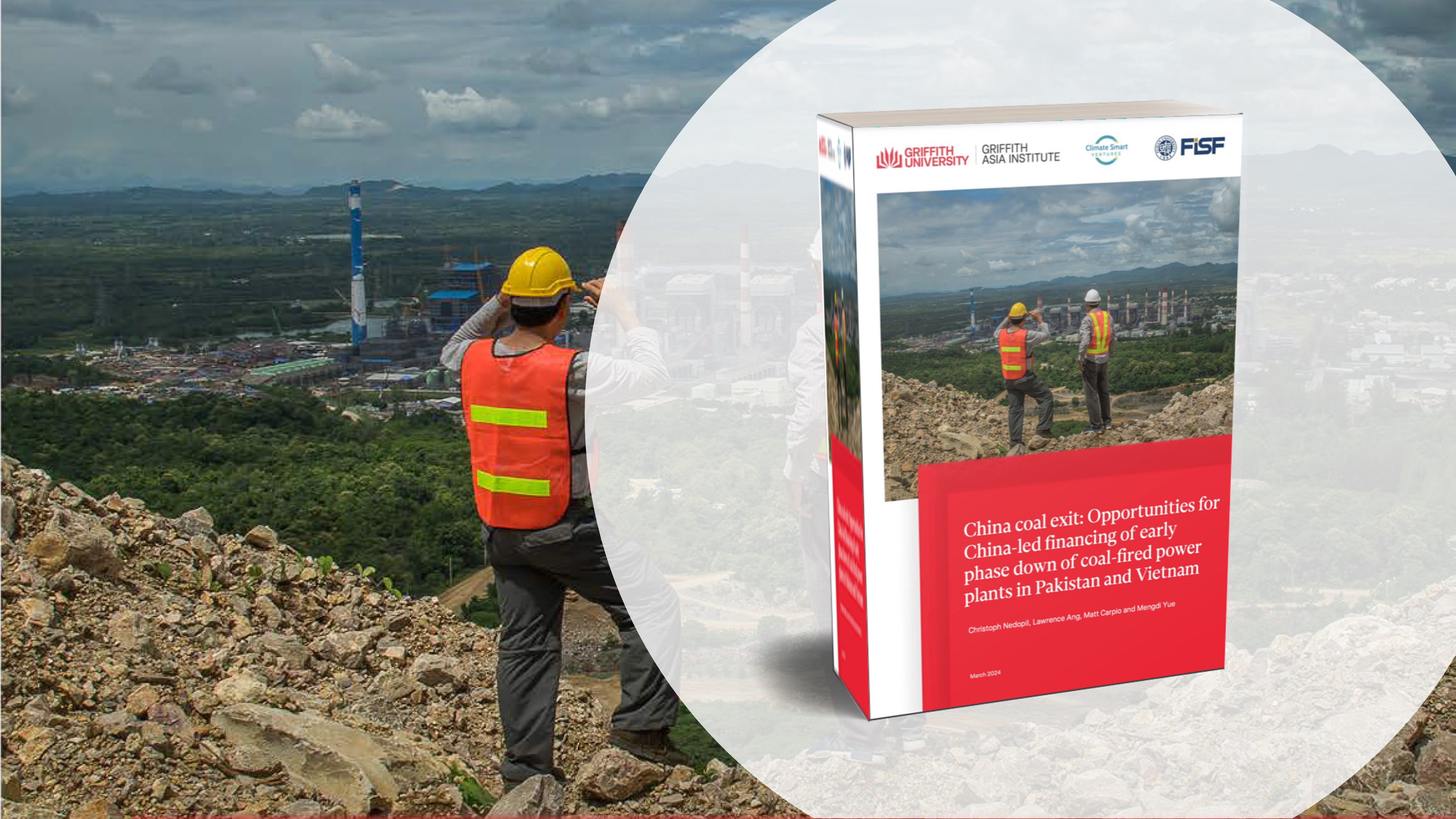On November 16, 2022, the G20 meeting in Bali, Indonesia under Indonesia’s presidency concluded. The report on Innovative finance towards a low-carbon and climate-resilient future written by Christoph Nedopil and supported by UNDP, UNICEF, GGGI and NDC Partnership for the G20 Climate and Sustainability Working Group (CSWG) was included in full in the annex of the G20 leaders statement.
We thank the Ministry of Environment and Forestry of the Republic of Indonesia for its pivotal framing perspectives and all delegates of G20 CSWG for their detailed comments on the content of the report as well as all G20 members who provided valuable insights in virtual workshops and through a written survey in coordination with Global Green Growth
Institute (GGGI) and NDC Partnership.
The project was funded by UNDP Governance of Climate Change Finance (GCCF) and Climate
Finance Network (CFN), in coordination with Global Green Growth Institute (GGGI) and NDC
Partnership (NDCP).
Executive summary – climate finance for low-carbon and climate-resilient development
To put the world on track with the objectives of the Paris Agreement and the 2030 Agenda
and truly achieve this transition, the world needs a systemic transformation of finance
involving all public and private stakeholders in government, business, and society with no
easy silver bullet of a single finance instrument.
G20 members representing over 85% of the world’s GDP, around two thirds of its population
and responsible for about 75% of greenhouse gas emissions, have a key role to play in
addressing these challenges holistically and provide direction for leaders, regulators,
business executives, investors, non-governmental organizations, and all societies.
Finance from both public and private sources needs to be mobilized and shifted from
unsustainable to green activities. The G20 members need to scale up climate-friendly finance
and investments, reduce counterproductive subsidies, create barriers for non-aligned
investments through broader key policy actions, and benefit by accelerating technology
solutions and industrial development programs of green energy, food systems, social
infrastructure, sustainable trade and resilient infrastructure, etc.
Scaling up investments in sustainable activities will yield and boost productivity and generate powerful co-benefits such as protecting ecosystems and biodiversity in both the short and long runs.
Therefore, advancing enablers and solutions of climate finance that leverage all kinds of
existing and innovative finance instruments and mechanisms is critical to financing green
and sustainable transition. Finance will have to be invested smartly, with focused rigor in
terms of the climate benefits whilst also maximizing socio-economic co-benefits to achieve
a just transition addressing particularly vulnerable groups.
The findings of this study to drive smart climate policy-finance interaction with a focus on ministries responsible for climate and environment under the premise to race to the top and leave no one behind while recognizing local differences are as follows:
- Improving interoperability of various standards for private and public finance can help reduce transaction cost, ensure positive impact, reduce greenwashing, and build trust for green finance by:
- Developing a “traffic light classification system” that includes a red finance taxonomy to complete existing green finance taxonomies. This would be applied for public and private finance and includes definitions of counterproductive and hard-to-abate economic activities across sectors that need to be phased out as quickly as possible;
- Developing legal standards on environmental thresholds and performance indicators (i.e., technical screening criteria) that are enforced to minimize environmental risks;
- Developing standards for measuring, verifying and reporting (MRV) data on environmental performance of investment and spending for better comparison to provide better comparability and reduce green-washing;
- Utilizing green technologies and making environmental data publicly and easily available to improve transparency and trust in green finance and to facilitate informed climate finance decision making;
- Improving the foundation for global markets and relevant asset classes to accelerate carbon-negative and nature/climate-positive investments, for example through the accelerated establishment of global carbon offset markets, ecosystem solutions, and common understanding of the fair application of carbon border adjustment mechanisms. This can include the use of proceeds from such mechanisms to support the transition in least developed countries.
- Private sector can be mobilized through new and existing climate finance mechanisms by:
- Allocation of public finance to support sustainable and green development goals while avoiding significant harm to any SDG, e.g., fiscal spending, subsidies, state-owned enterprises (SOEs), public funds, and state-owned financial institutions. This will also provide investment incentives for private sector;
- Supporting SOEs and sovereign issuers to scale up green financial instruments (e.g., green bonds, green sukuk), that in turn supports local green capital markets, particularly in developing countries;
- Implementing ambitious, holistic and tailored green policy targets and supporting regulation (e.g., climate laws, phase-out of coal, deployment of renewables, sector transition plans, and climate adaptation) to provide clear and reliable policy directions and reduce risks of unclear targets for financial sector engagement;
- Crowding in private capital for higher risk green projects through accelerated utilization of global infrastructure development facilities (e.g., GIF, MCDF) and other applicable climate finance instruments (e.g., green public funds, blended finance, guarantee facilities, public-private partnerships/PPP) that support de-risking of finance;
- Supporting scientific based analysis and advocacy to enable facilities and regulatory and financial measures for accelerated phase-out of unsustainable assets and rapid scaling of pilots;
- Development and social transition aspects can be better integrated in climate finance by:
- Ensuring a globally just transition through responsibilities of different economies that particularly supports children and vulnerable groups through mitigation and adaptation financing and capacity building;
- Enhancing analysis of environment assets and evidence-based approaches to reduce COVID-19 related debt impacts particularly in developing countries including through smart and green sovereign debt collaboration (e.g., debt-for-SDG, debt-for-nature, debt-for-climate, sustainability-linked debt swaps).
- Providing further climate finance support (e.g., USD100 billion commitment) and technical capacity for developing countries’ green transition and capital mobilization (e.g., green capital market development, green facilities) for both mitigation and adaptation measures.
The report first gives an introduction on the transition journey ahead for climate finance in
G20 members. It then provides a background on the current stage of climate finance, current
ambitions of G20 members for smart policy-finance interaction. The recommendations build
on the analysis and provide practices on how to improve policy-finance action to shift finance
from polluting to green, to mobilize both public and private finance, and to improve climate
finance in developing countries.
–> Read full report

Dr. Christoph NEDOPIL WANG is the Founding Director of the Green Finance & Development Center and a Visiting Professor at the Fanhai International School of Finance (FISF) at Fudan University in Shanghai, China. He is also the Director of the Griffith Asia Institute and a Professor at Griffith University.
Christoph is a member of the Belt and Road Initiative Green Coalition (BRIGC) of the Chinese Ministry of Ecology and Environment. He has contributed to policies and provided research/consulting amongst others for the China Council for International Cooperation on Environment and Development (CCICED), the Ministry of Commerce, various private and multilateral finance institutions (e.g. ADB, IFC, as well as multilateral institutions (e.g. UNDP, UNESCAP) and international governments.
Christoph holds a master of engineering from the Technical University Berlin, a master of public administration from Harvard Kennedy School, as well as a PhD in Economics. He has extensive experience in finance, sustainability, innovation, and infrastructure, having worked for the International Finance Corporation (IFC) for almost 10 years and being a Director for the Sino-German Sustainable Transport Project with the German Cooperation Agency GIZ in Beijing.
He has authored books, articles and reports, including UNDP's SDG Finance Taxonomy, IFC's “Navigating through Crises” and “Corporate Governance - Handbook for Board Directors”, and multiple academic papers on capital flows, sustainability and international development.






Comments are closed.